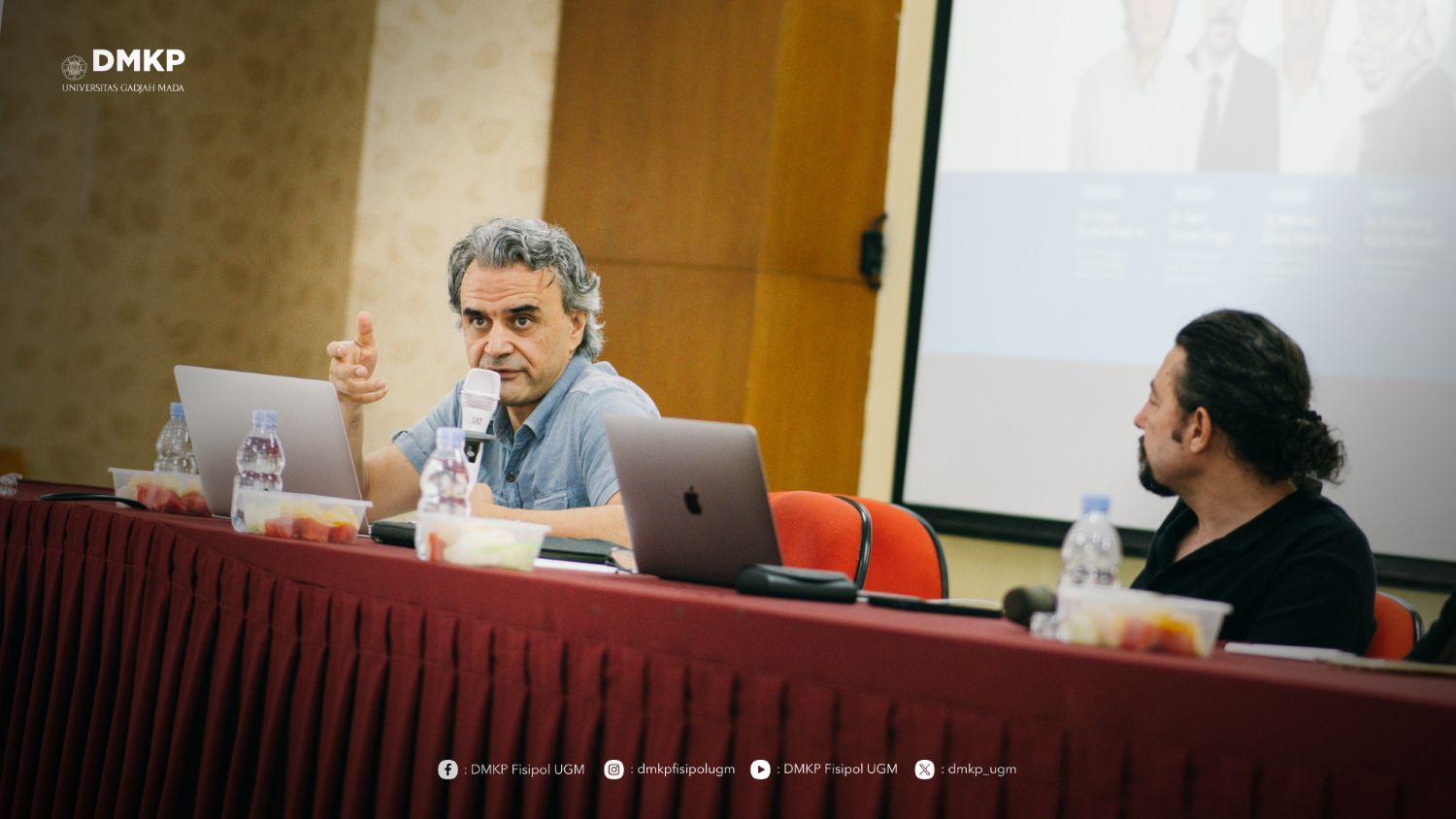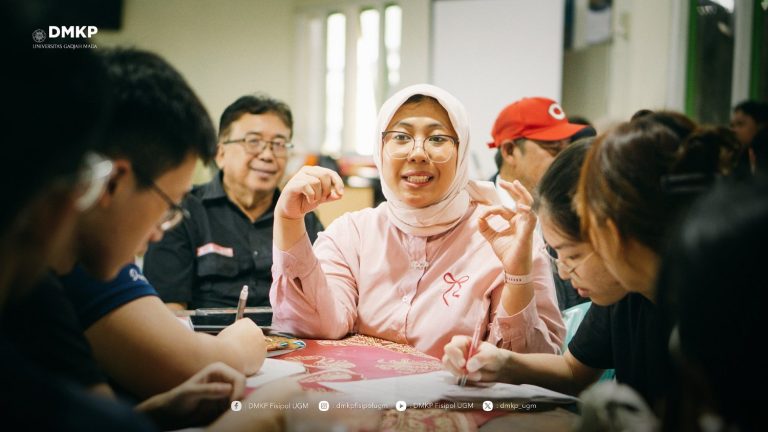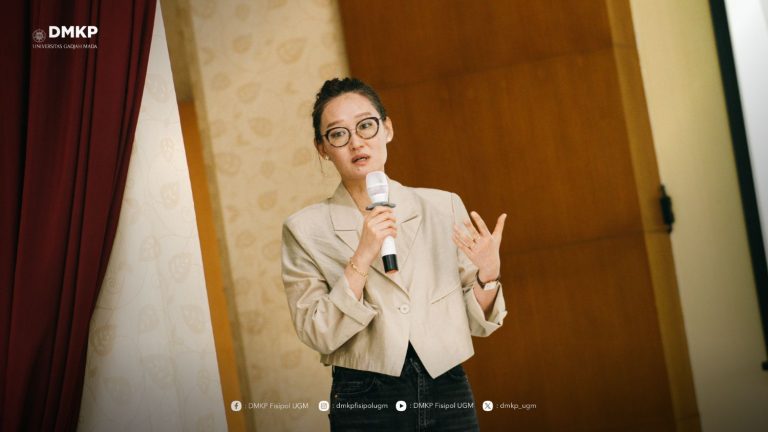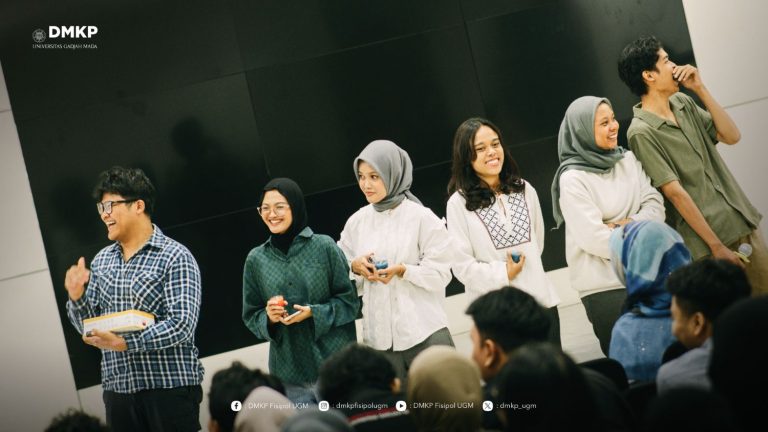The Department of Management and Public Policy (DMKP) at UGM welcomed three Public Administration lecturers from Gaziantep University, Turkey, as part of the Erasmus+ Teaching Mobility program. This activity featured cross-national collaborative teaching sessions discussing issues such as decentralization, industrial cities, sustainable food systems, and the green transition in Europe.
Held on May 23, 2025, the seminar titled “Public Policy and Administration in Turkey and Indonesia: A Comparative Perspective” facilitated international learning collaboration between lecturers from both institutions through presentations and thematic discussions.
The three lecturers from Gaziantep University involved in the program were Dr. Ferit Serkan Öngel, Dr. Uygar Dursun Yıldırım, and Dr. Mehmet Cevat Yıldırım. Alongside Dr. Pradhikna Yunik Nurhayati from DMKP UGM, the four academics delivered a range of relevant topics within the realm of public policy and sustainable development.
In her presentation, Dr. Pradhikna discussed Indonesia’s decentralization system, implemented to enhance government effectiveness across the geographically fragmented archipelago. She argued that decentralization holds significant potential to accelerate regional welfare, uplift local potential such as culture and customs, and align national development with local characteristics. However, she also highlighted challenges such as inter-regional inequality and high fiscal dependence on the central government, as most regional income still relies heavily on national transfer funds.
Meanwhile, Dr. Ferit Serkan Öngel offered perspectives on the transformation of industrial cities within global production networks. He presented case studies from the Setúbal Peninsula in Portugal and the Gebze region in Turkey to explore the impacts of industrial restructuring on urban space, labor dynamics, and urban governance. His teaching encouraged students to critically and comparatively examine how global changes shape local landscapes.
Dr. Uygar Dursun Yıldırım delivered material related to the transformation of the global food system amidst various crises such as climate change, pandemics, and price volatility. He emphasized the importance of sustainable and resilient food systems rooted in local communities. His discussion included the role of cooperatives, short supply chains, and inclusive local food policies as foundations for future food security.
Dr. Mehmet Cevat Yıldırım discussed the green transition in Europe and its global implications. He explained various EU policies such as the European Green Deal and examined the accompanying social, economic, and political challenges. His teaching also highlighted alternative approaches, such as degrowth theory, and explored responses from right-wing political parties in Europe to environmental issues.



This activity not only enriched students’ understanding of public policy theory and practice in diverse international contexts but also strengthened institutional ties between UGM and Gaziantep University. Through this collaboration, more opportunities are expected to emerge in the future for joint research, teaching, and curriculum development.
Writer: Fahri
Photo: Fahri, Fauzi





